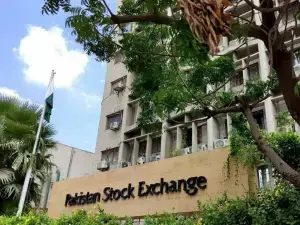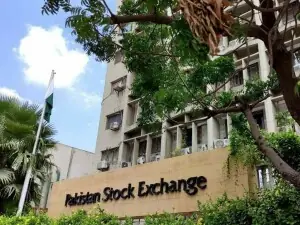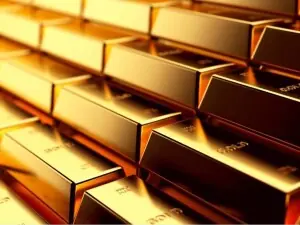Results of the elections held last week in the Middle East two most important countries, Egypt and Syria, were never in doubt. As expected, both Egypt's former army chief Gen Abdel Fatah al-Sisi and Syria's Bashar al-Assad won presidential elections with thumping majority. Both had made a slight departure this time, though, from the tradition of holding referenda to claim public support. Gen Sisi, who was sworn in as President yesterday, decided to allow one and Assad two officially-approved challengers to put their names on ballot papers. Determined to match former dictator Hosni Mubarak's referendum results yet disappointed over low turnout, Sisi had the polling extended after the election day for another two days. Even if officially-claimed figures are to be believed he managed to bring out only 47.5 percent of the voters, which is not bad, but is considerably lower than 52 percent of the 2012 elections Muslim Brotherhood's deposed president Mohammad Morsi won to become the first democratically-elected leader. Yet, like Mubarak before him, Gen Sisi won a staggering 96.1 percent of the vote. And despite a raging civil war in Syria, Assad not only managed to hold the electoral exercise, he won 88.7 percent votes.
So, much to the satisfaction of the two regimes' respective backers, the Middle East's old status quo is getting restored. And as before, hypocrisy reigns supreme. The US, Britain and France wasted little time to congratulate Gen Sisi on his election but rejected Syrian election as a farce while Assad's allies, Russia and Iran, applauded his newest triumph. The Arab Spring has withered even before blossoming, partly because of outside meddling and partly because those fighting for genuine democracy found themselves caught between the proverbial devil and the deep blue sea. The election of Muslim Brotherhood president Morsi did not sit well with the Western powers for trying to chart an independent course, especially his policy of reaching out to the besieged Gaza Palestinians and Iran. Their regional allies were even more nervous seeing him come to power amid a rising tide of Arab revolutions making way for democratically-elected governments. Unsurprising, the first to felicitate the military-backed government following Morsi's ouster, was Riyadh that made substantial economic assistance pledges. Morsi himself made several mistakes. Even though the Brotherhood joined the pro-democracy movement rather late, after becoming president he alienated himself from the mainstream liberal elements with his high-handed style of governance, attempts to curb freedom of speech, and failure to protect Coptic Christians' rights, leading to sharp fissures in society. Fear of intolerance towards social and religious freedoms has played a significant role in causing the reversal that Sisi's election represents for Egyptian people's democratic aspirations.






















Comments
Comments are closed.